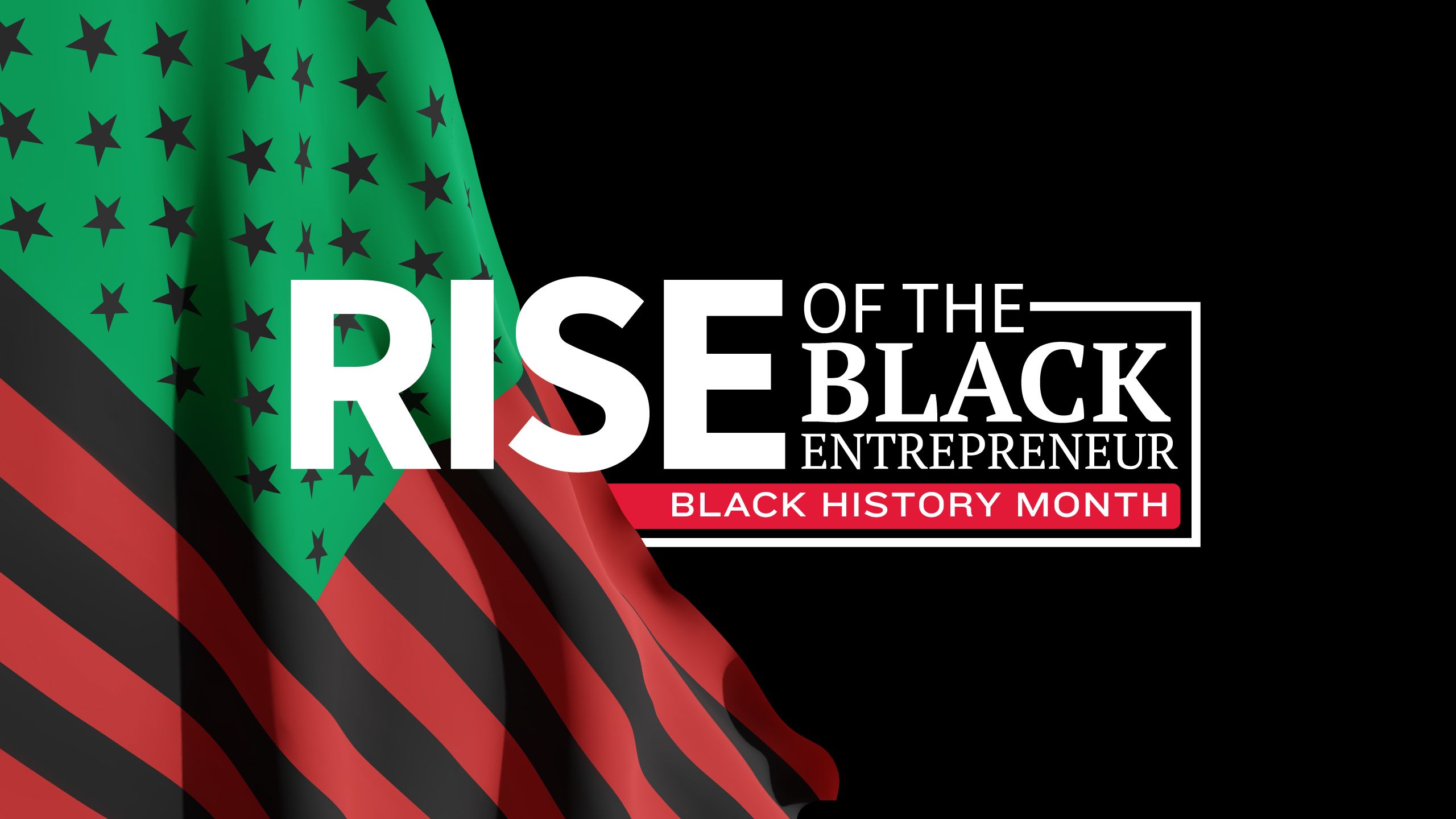
Rutgers–Camden professor’s research spotlights the grit and resilience of Black businesswomen in Detroit
Like a phoenix rising from the ashes, Black-owned small businesses are thriving after getting hit hard at the beginning of the pandemic. According to a recent study, just over 1.2 million African Americans were self-employed in February 2022, compared to slightly under 1.1 million in February 2020. Black entrepreneurship is driving growth and innovation in every sector despite continued challenges, including supply-chain issues, inflation, and rising interest rates. This is yet another example of the resilience, strength, and strategic understanding shown by Black community leaders throughout history, according to Kendra D. Boyd, assistant professor of history at Rutgers University in Camden.
The Original Housewives

Boyd’s research focuses on Black business and economic history, urban history, and migration. Her article, “A Body of Business Makers: The Detroit Housewives League, Black Women Entrepreneurs, and the Rise of Detroit’s African American Business Community,’” explored how an organized group of Black women in Detroit in the 1930s and ’40s were more than just a ladies’ club or consumer movement; they were businesswomen and entrepreneurs in their own right, drawing on their knowledge and experience to enact essential strategies to improve Black-owned businesses during the Great Depression and beyond. Members developed directories of Black-owned businesses, held educational and networking luncheons, and encouraged spending in Black-owned businesses.
The Detroit Housewives League name was chosen so as not to attract unwanted attention; although the “housewives” were actually businesswomen, they felt the need to abide by “the politics of respectability.” According to Boyd, “During this period sexism and racism were rampant. Black women were regarded with many stereotypes that could be damaging.”

Kendra D. Boyd, assistant professor of history (Photo credit: Kendra Boyd)
Kendra D. Boyd, assistant professor of history (Photo credit: Kendra Boyd)
Detroit’s Black business community thrived through the 1940s and early '50s, though many businesses would be destroyed due to highway construction and urban renewal projects in the second half of the 1950s through the 1960s. “What happened in Detroit happened in cities all over the country,” Boyd said. “Detroit is just one example, but these state actions had devastating economic implications for Black business owners throughout the country for years to come.”





Group portrait of members of the Housewives League of Detroit. (Burton Historical Collection, Detroit Public Library)
Group portrait of members of the Housewives League of Detroit. (Burton Historical Collection, Detroit Public Library)

Bird's-eye view of commercial and office buildings in downtown Detroit. (Burton Historical Collection, Detroit Public Library)
Bird's-eye view of commercial and office buildings in downtown Detroit. (Burton Historical Collection, Detroit Public Library)

Group portrait of members of the Housewives League of Detroit at the 1963 National Convention of the National Housewives League. (Burton Historical Collection, Detroit Public Library)
Group portrait of members of the Housewives League of Detroit at the 1963 National Convention of the National Housewives League. (Burton Historical Collection, Detroit Public Library)

Portrait of Mrs. Fannie B. Peck, founder and first president of the Housewives League of Detroit. (Burton Historical Collection, Detroit Public Library)
Portrait of Mrs. Fannie B. Peck, founder and first president of the Housewives League of Detroit. (Burton Historical Collection, Detroit Public Library)
Black Wall Street

Among the many examples of Black entrepreneurship throughout history, the most famous—and most tragic—may be the story of Tulsa’s Greenwood District. Often referred to as Black Wall Street, the Greenwood District was one of the most prosperous African American communities in the history of the United States. Tragically, the neighborhood and its residents were attacked by multiple white mobs on May 31, 1921, fueled by inflammatory reports in the Tulsa Tribune of an interaction between a Black man and a white woman. Over 35 city blocks were burned, 300 people died, and 800 were injured.




Peoples Drug Company, Tusla, Oklahoma (Collection of the Smithsonian National Museum of African American History and Culture, Gift of Princetta R. Newman)
Peoples Drug Company, Tusla, Oklahoma (Collection of the Smithsonian National Museum of African American History and Culture, Gift of Princetta R. Newman)

Two couples standing outdoors (Collection of the Smithsonian National Museum of African American History and Culture, Gift of Princetta R. Newman)
Two couples standing outdoors (Collection of the Smithsonian National Museum of African American History and Culture, Gift of Princetta R. Newman)

North Greenwood Avenue in Tulsa, Oklahoma (Collection of the Smithsonian National Museum of African American History and Culture, Gift of the Families of Anita Williams Christopher and David Owen Williams)
North Greenwood Avenue in Tulsa, Oklahoma (Collection of the Smithsonian National Museum of African American History and Culture, Gift of the Families of Anita Williams Christopher and David Owen Williams)
A Foundation For Success

Black entrepreneurs have faced daunting odds throughout history, but have succeeded despite their circumstances. This success served as a foundation for change in other arenas.
“There was a lot of business expertise and leadership among Black women, but they were not thought of that way,” Boyd said. She suggests that the same may be true when it comes to political organizing and other civil rights efforts.
Today’s Black entrepreneurs have strong shoulders to stand on. Their determination and fortitude will continue a historical tradition of empowering their families and communities, now and in the future.

February marks Black History Month across the United States. This year Rutgers–Camden, in coordination with the School of Business, will celebrate Black History Month with a month-long storytelling project titled “The Rise of the Black Entrepreneur.” Delving into the excellence of Black business owners past and present, these stories will draw upon the expertise, experiences, and achievements of Rutgers–Camden faculty and alumni from the School of Business, bringing in the voices of professors from the Faculty of Arts and Sciences for an interdisciplinary approach.

Creative Design: Douglas Shelton